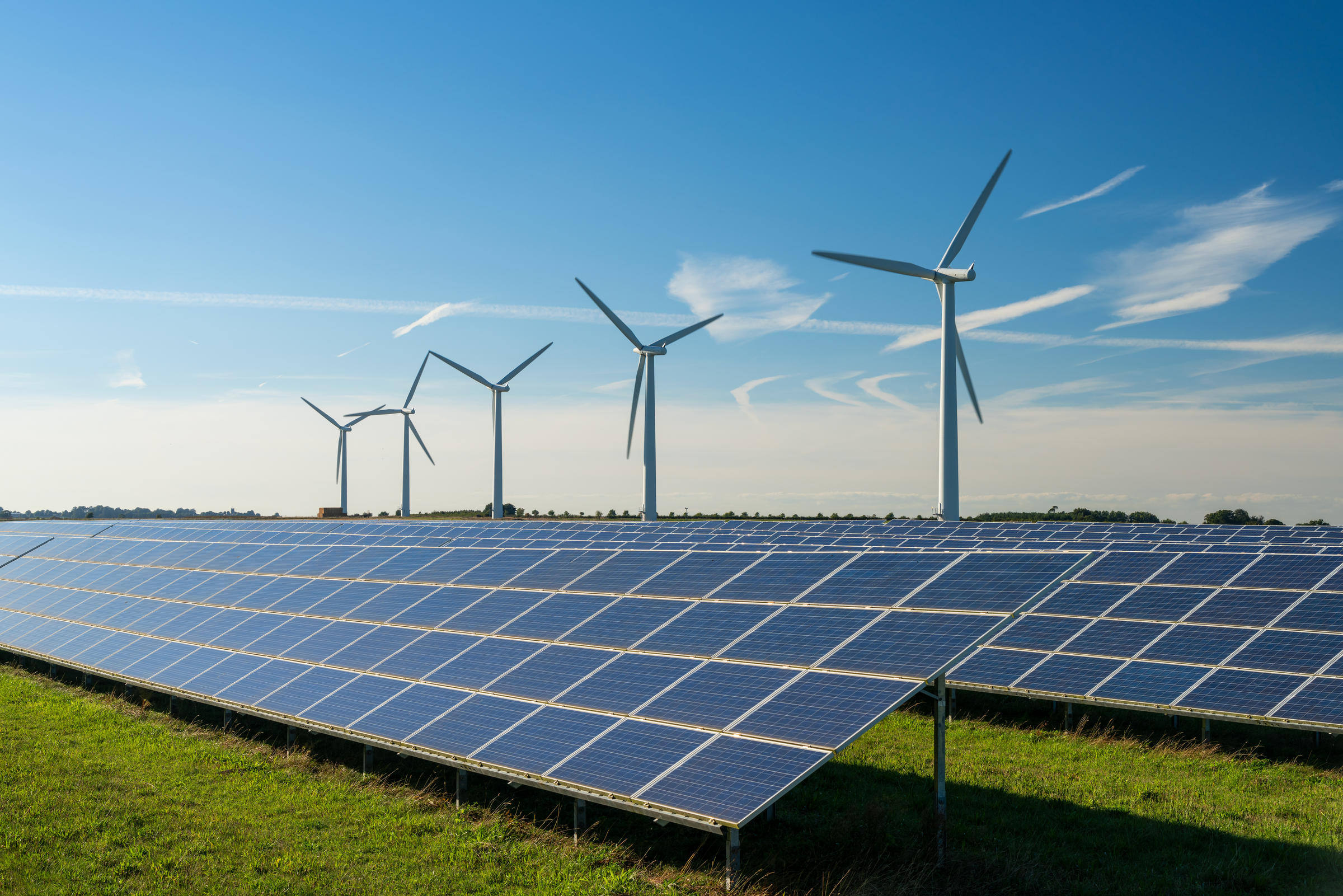
The cost of energy in the UK has risen by almost 40% in the last decade alone, forcing millions of households into fuel poverty. The recent price hike by significant power suppliers has led to many “Energy Price Rise Q&A” sessions held between government MPs, who are desperately trying to develop new methods of relieving pressure from British households. While some believe that soaring energy costs apply only to British residents, the UK annual energy budget is relatively low compared to other European regions. German residents are charged almost twice as much for their electricity, and Swedish households pay nearly three times as much for their gas compared to the average British citizen.
In which countries are energy costs most prevalent?

Research conducted by Energie-Control Austria compared the cost of energy among all major cities in Europe. The study extracted the impact of exchange rates, in order to more accurately determine the average amount paid for gas and electricity by each nation. The results illustrate that the UK pays 17.75c/kWh for their electricity, making the region seventh in terms of lowest-paying regions in Europe.
Germany pays a whopping 28.49c/kWh, followed closely by the Czech Republic which pays 28.27c/kWh. Finland was found to be the most affordable country in terms of electricity, purchasing power at just 11.43c/kWh. 9% of the average UK energy bill is directed towards taxes such as the carbon floor price and the Energy Company Obligation.
This 9% is primarily due to green taxes and is expected to decrease after the recently announced energy reforms. In Germany, one-third of residents’ energy bills go towards taxes, whereas energy bills in Denmark are more than 50% tax.
When comparing gas prices, Finland is far more expensive than any other country in Europe, with homeowners paying 15.29c/kWh. Portugal is a close second, with households paying an average of 10.95c/kWh for their gas. The inflated prices in Finland result from the country’s relatively small gas market, with only 33,000 householders using gas in their homes. Surprisingly, the UK is the second cheapest country in Europe for gas, paying only slightly more than Luxembourg, where gas costs 5.23c/kWh.
In which countries is fuel poverty most prevalent?
Approximately 6.5% of the British population currently live in a state of fuel poverty, placing them below the European average of 11%. A significant portion of households in Bulgaria and Lithuania remain unable to afford their winter energy bills, reflecting the unfortunate reality that this trend continues to spread across European regions. Despite the freezing average temperatures, only 2% of Scandinavians suffer from their fuel bills due to their excellent home insulation techniques. In addition, research demonstrates that 32% of the Greek population is currently in arrears with energy bills, compared to just 9% in the UK.
The rising cost of energy
The rising cost of energy has been a subject of much debate in Britain, with MPs and other public figures claiming that UK energy expenditures have skyrocketed disproportionately to surrounding regions Caroline Flint, a former member of parliament and current Shadow Energy Secretary, recently argued that the Big Six power companies have overcharged UK households by millions in recent years. Flint alleged that these power companies have been purchasing energy from private power plants at values above market price, and subsequently overcharging customers. A spokesman for the energy market regulatory body, Energy UK, said that Flint had miscalculated and incorrectly discarded supply-related costs.
Despite the rising energy prices, the UK is not the worst offender for expensive gas and electricity compared to other nations. The UK Government also runs many different social energy projects such as the “Warm Homes Discount Scheme” to deliver cheap gas and electricity to low-income households. The Green Deal, another government-sponsored initiative, allows households to borrow money to install energy-saving measures in their homes such as insulation, double glazing, and the installation of renewable energy technology.
Strategies such as the Green Deal initiative in the UK provide positive indications to invest in companies working with energy-saving measures.
George Radu, a partner at Swiss Wealth Management, has stated that “our organization believes that the ongoing innovations and developments within the energy market predict positive trends, making the industry increasingly valuable from an investor perspective.”
Despite pressing demands, other regions of the EU lack the type of government assistance implemented in the UK. While measures have been taken to compensate neighboring countries struggling to meet the financial demands stemming from energy costs, it is undeniable that the issue of fuel poverty has much progress to make before productive solutions are reached.
